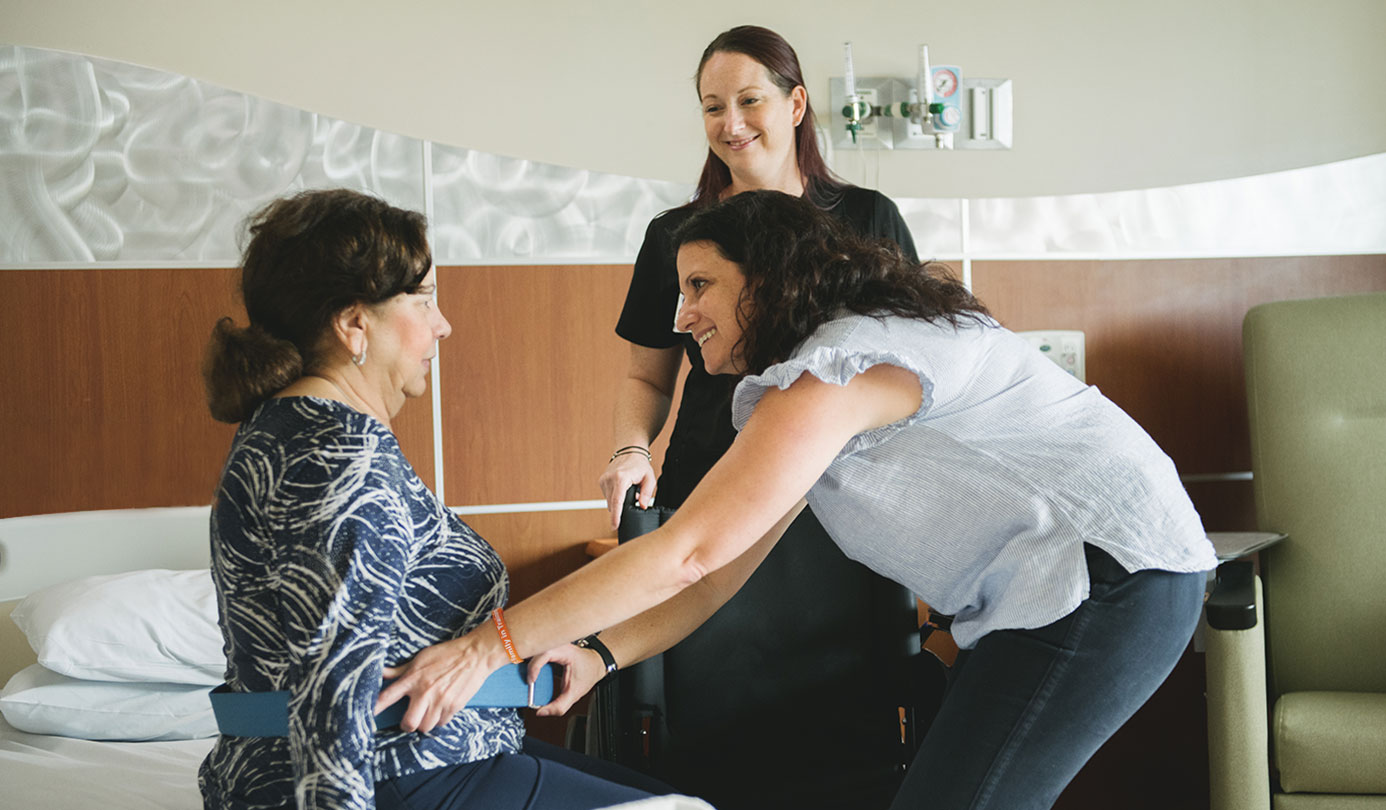Transitioning from Pediatric to Adult Cardiac Care
We offer teens with heart defects a robust and thoughtful program for transitioning to adult congenital heart disease (ACHD) care
Call us for more information or to schedule an appointment
954-265-2243
Thanks to advances in medicine, many children who were born with heart defects (aka, congenital heart disease or CHD) enjoy fulfilling lives as adults. A key to thriving with CHD is continuous care from childhood and adolescence through adulthood.
When you’re ready to move from pediatric heart care to adult heart care, Memorial Cardiac and Vascular Institute’s Adult Congenital Heart Disease (ACHD) Program is here for you. You might be excited, relieved or scared about transitioning to ACHD care, and all of these emotions are natural.
Memorial’s ACHD transition program is called Florida Adult Congenital Heart Transition (FACHT). Our mission is to ensure that teens with congenital heart disease have all the “FACHTs” and support their need for a seamless transition to adult care.
Get the FACHTs: Why Choose Our ACHD Transition Program?
Our caring professionals understand that adolescence can be a confusing time. Having a congenital heart condition and leaving a health care team you know and trust can make the teen years even more difficult. At Memorial’s ACHD Transition Program, you can count on:
- Complete support as you transition to adult CHD care: We give you the tools and knowledge to help you become responsible for your care.
- Gradual transition with no surprises: Your pediatric cardiologist may start talking about transitioning to adult CHD care several years before you are ready. You can get to know us before we start taking care of you. We make sure you understand what is happening now and in the future.
- Highest level of care: Our ACHD program is the only one in South Florida accredited by the Adult Congenital Heart Association. Accreditation means we have met rigorous criteria for delivering excellent ACHD care. You’re in good hands with us.
- A location you might be familiar with: The adult CHD program is located at Memorial Regional Hospital, on the same campus as the Joe DiMaggio Children’s Hospital Heart Institute.
Tips on Transitioning from a Teen to an Adult with CHD
- At age 14 or 15, your pediatric cardiologist may ask you what you think about moving to adult heart care in a few years. If you’re ready to discuss it, great. If you’re not, that’s OK, too.
- When you’re ready to meet our ACHD team, just ask your pediatric cardiologist. You can talk with us on the phone, through a web-based visit or in-person as you tour our office. We’ll just chat; there’s no pressure.
- When you’re ready to transition to adult CHD care, you alternate visits between your pediatric cardiologist and Memorial’s Adult Congenital Heart Disease Program.
- By the time you’re 18 (or so) you’ll know your way around here like a pro and can completely transition your heart care to our ACHD program.
Becoming an adult brings a lot of changes, and you may have questions about living with CHD. While it’s important to talk with your doctor about your individual health situation, here is some general information about living with ACHD:
When you transition your care to an ACHD program, you learn about taking charge of your health as an adult. We work with you on topics such as:
- Health insurance
- Learning about your heart defect
- Medications, including what they do, how to refill them, and making sure to take them
- Mental health and how to seek help if you need it
- Talking about your concerns and symptoms with your ACHD team
- Preparing for appointments with your ACHD team
Some websites we like about transitioning to adult CHD care include:
- iheartchange.org helps you understand how to take charge of your health in language that makes sense to you.
- Adult Congenital Heart Association is the national organization for adults with CHD and offers many helpful resources.
- Conquering CHD seeks to create visibility and empower everyone impacted by CHD. The organization has a transition page for teens with guides, articles and checklists.
Call us for more information or to schedule an appointment
954-265-2243
Patient- and Family-Centered Care
We treat patients and family members as partners in healthcare.
It matters to you. It matters to us.
Quality and Safety Data for Memorial Healthcare System
Our goal is to provide our patients with the information they need to make informed choices for themselves and their families.
View Quality and SafetyYou have a right to know about pricing
We want to give you the information you need to make important healthcare decisions, including the costs of our cardiac services.
View PricingMyChart Portal
View test results, schedule follow-up appointments, request prescription refills and more.
Login or Sign-up to MyChart